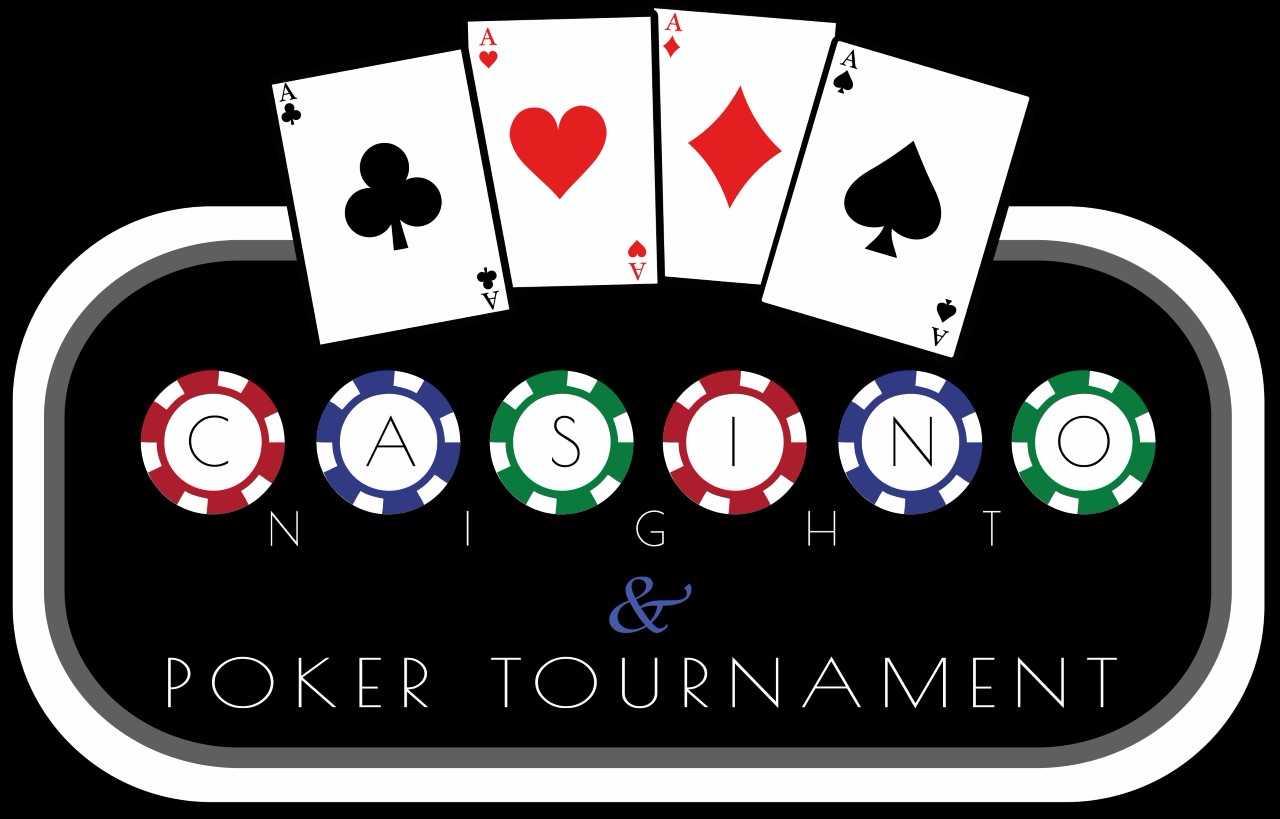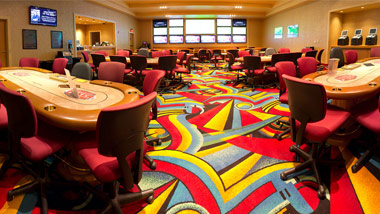How Do Casinos Make Money On Poker Rooms
- How do poker rooms make money? Poker rooms make money via 'rake', which is when they essentially charge a fee to play a hand of a 'cash game' or to enter a tournament. Let's start with tournaments. Let's say that your favourite online poker room is hosting a $100,000 guaranteed tournament with a buy-in of $109.
- Poker rooms make money via 'rake', which is when they essentially charge a fee to play a hand of a 'cash game' or to enter a tournament. Let's start with tournaments. Let's say that your favourite online poker room is hosting a $100,000 guaranteed tournament with a buy-in of $109.
- The tournaments can help them make money. Aria has two daily tournaments, with a $125 entry fee, of which $25 is kept by the house as an admin fee. Assuming say 70 people enter each tournament on average, then that's $3500 a day in fees.
- To understand how casinos manage to make so much money from poker, we need to break down the concept of the rake in poker. In the simplest terms possible, the rake refers to the commission that a casino or poker operator takes from every hand in poker, thus creating a house edge of sorts.
I have written before about optimizing play under the rules of common kinds of promotions offered by poker rooms for their cash game players. As a way of rounding out that series of articles, today I'll discuss several less-common promotions, and how you should deal with them.
1. Bad Beat Jackpots
The basic idea is simple: If one sufficiently strong hand gets beaten by an even better one, there's money to be given out.
Commonly this requires quads being beaten by either higher quads or by a straight flush. But sometimes you'll see the qualifying threshold drop as time passes without the jackpot having been won. For example, the losing hand requirement might slip down to aces-full, then kings-full, and so on, when nobody has claimed the prize in a long time.
I think that the casinos do, because they do not seem ready to say goodbye to their poker rooms, and neither are us! Poker is such a classic staple of the casinos that it would totally ruin the mood if they went away, it just goes to show you that some things, even casinos, are not always about money!
Most often, the loser of the hand gets the lion's share of the money, with a lesser percentage going to the winner of the hand — a 75/25 split, for example. Under some promotions, a percentage is also set aside for a 'table share' (everybody seated at the winning table when it hits gets a piece), or even a 'room share' (ditto for everybody present). Sometimes the big casino chains, such as Caesars, or Stations Casinos in Las Vegas, will link all of their rooms in one city, and a share of the bonus is given to everybody playing in any of the linked rooms.
Under most circumstances, the optimum strategy when it comes to bad beat jackpots is simple — ignore it. Don't play starting hands that you otherwise wouldn't, nor stay in the hand longer than the poker situation calls for, just in the hope of hitting the jackpot. The odds are so stacked against you that it's not worth even a dollar or two extra to take a shot at it.
In fact, one could reasonably take this further, and say that the optimal strategy is not just to ignore the jackpot, but to avoid it — that is, choose to play in rooms where they won't be taking out of every pot a dollar or two that will eventually go to somebody other than you.

However, the optimum strategy can change. If the jackpot is huge, and the threshold for hitting it has dropped sufficiently far, you may find two reasons to be interested.
First, you might hit it. Except in the most incredibly favorable situations, it's still unlikely to be profitable to change either what game you play (e.g., switching to the lowest-stakes limit hold'em offered), or to change how you play any given hand — but it might be worth temporarily choosing to play in that room rather than another.
Second, the poker room is likely to swell with inexperienced, bad players chasing the windfall, and you can take advantage of the room's super-fishiness while it lasts.
2. Random Drawings
In Las Vegas, this kind of promotion is most frequently offered during big sports events, as the casino is trying to get you to choose them as the place to make your sports bets and play poker while you watch the game.
The giveaway can take many forms. One common example would be a drawing every time a team scores a touchdown during a football game. The prize can be either a fixed amount or a mystery envelope. The winner is determined at random, either by computer or by an old-fashioned drawing from a bowl.

There is no strategy to win, other than not to be out of the room on a break when each drawing takes place.
This is the rare kind of promotion that can actually be significantly positive in expected value. Money that the extra rake has taken from every pot over the previous week, month, or whatever, is given away in a highly condensed period of time. If you haven't been contributing to the giveaway fund by playing in that room, it is genuinely free money to you.
How Do Casinos Make Money On Poker Tournaments
In fact, some of these promotions, such as on Super Bowl Sunday, are so strongly +EV that the seats get locked up hours in advance. If you have one, you might even be offered cash to relinquish your spot to somebody else who didn't get there early enough.
When the Tropicana was closing its poker room in 2012, they announced a plan to give away on the last day all the promotional money they had collected but had not yet distributed. From the amount they announced — over $16,000 — and the number of tables available, I estimated that just sitting in a seat for the eight hours they would be open would have an expected value of about $250. (I got one of the much-coveted seats, but, sadly, didn't get picked for any of the prizes.)
3. 'Paid to Play' Promotions
Once in a while in Las Vegas, a casino will offer a straight-up dollars-per-hour cash giveaway. These are functionally equivalent to promotional freeroll tournaments, except that you get cash instead of a seat in a tournament in which you might win cash.
All of the parade of horrible side effects that I talked about in my earlier article on promotional freerolls apply equally to these pay-to-play schemes, so I won't repeat them here.
My best advice — vote with your feet, and play somewhere else.
4. 'Spin the Wheel' Promotions
In a few poker rooms, you'll see a big wheel — sometimes temporary, sometimes a permanent fixture. If some event happens to you, you get to spin it, and win whatever prize comes up.
The 'event' can be a high hand, a bad beat (usually with a much lower threshold than rooms with a big lump-sum BBJ), a random drawing, or some other special occurrence for a particular promotional period.
The amounts available are rarely over $100, and the most likely amount is typically $20-$25. These, then, are not life-changing bonuses, and it's virtually never going to be correct to deviate from otherwise optimal play in order to try to win a chance at one of them.
5. Comps
'Comps' refers to what are effectively cash vouchers that you can spend in the casino. For the most popular low-stakes poker games, casinos typically offer $1-$2 per hour of play.
How Do Casinos Make Money On Poker Rooms Near Me

Comps differ from all other kinds of poker-room promotions in one crucial way — they actually are free money, donated by the casino, rather than giving players back money that was taken out of pots.
For that reason, just about the only reason to decline them is if you have some important reason to want to avoid getting one of the casino's player's cards, which is a mandatory part of the process. If you're paranoid about privacy, you have a pathological aversion to being put on another mailing list, you're illegally playing in a casino from which you've been banned, or you will be unwilling or unable to show standard state-issued identification when you're redeeming the comps (as will be required), then go ahead and pass up the free money. Otherwise, take advantage of it.
The nuts and bolts of comps programs are all over the map:
- In some places, you have to check in and out at the poker room desk at the start and end of your play; in others they swipe your card at the table.
- Some will clock you out if you're gone from the table for more than a few hands; others won't.
- In some places, in order to use the dollars you've earned, you have to request a voucher for a specific amount to be written by one of the floor personnel; in others the credit is right on your player's card, and you can use it at your own discretion.
- In some casinos, the money is good at practically every retail and food establishment in the house; in others, it's highly selective.
- Under some programs, the money is good basically forever; in others, it has an expiration date, after which it vanishes.
- Most often the rate is fixed, but in some places, the hourly amount earned varies, with higher rates offered for the days or times when the room is slow (and they're trying to drum up more business).
- I've even seen one place let you use your accumulated credit to buy in to either tournaments or cash games, but that's rare.
One other hint, primarily for men: Don't use your comp dollars to buy dinner on a first date, because it makes you look cheap. I'll grant that every single aspect of that observation is stupid, sexist, outdated, and shouldn't be true. But it is true, nonetheless.
Play smart, at both poker and love.

Robert Woolley lives in Asheville, NC. He spent several years in Las Vegas and chronicled his life in poker on the “Poker Grump” blog.
How Do Casinos Make Money On Poker Rooms Without
Want to stay atop all the latest in the poker world? If so, make sure to get PokerNews updates on your social media outlets. Follow us on Twitter and find us on both Facebook and Google+!
Tags
cash game strategylive pokerpoker room promotionsbad beat jackpotscasino pokercompsLas Vegas